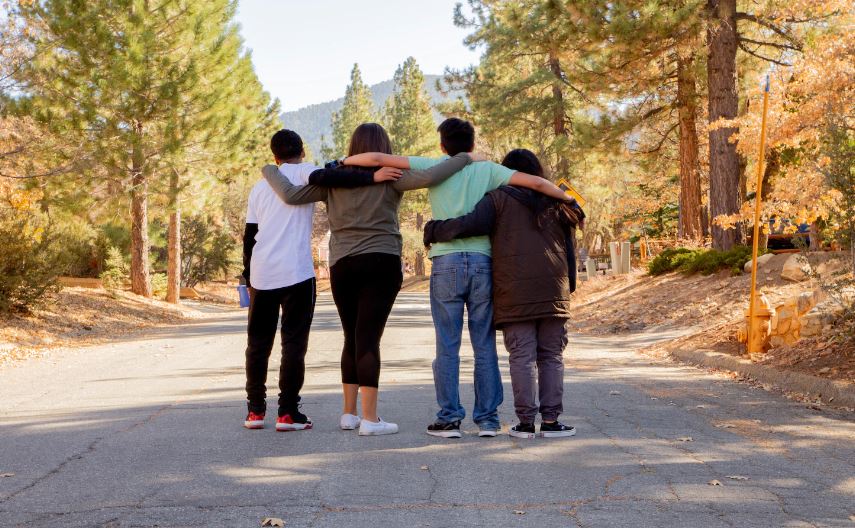Group Therapy of Adolescents: 10 Ways It May Benefit You
Teens and adolescents benefit from socializing, as they use their peer groups and social circles to become independent from their adult caregivers. As teens are growing and learning about themselves, they can develop mental health issues. Boston teen treatment programs often include group therapy, because the sessions deliver these benefits to the teens in attendance:
Contents [hide]
1. Real-time feedback
During group sessions, teens receive immediate feedback from the group members. The feedback can be verbal and through body language. Teens learn to look for social cues from the feedback, and they can help others through the skills they learn.
Teens find comfort in knowing they aren’t alone in their experiences. While they aren’t comforted knowing other people’s problems, they do find it comforting to know they aren’t the only teen experiencing anxiety, depression, or other mental health conditions.
In a group therapy session, teens learn to speak in turn, listen, and respond. They watch how others react and respond, so they learn what to do and what not to do. Therapists provide context and make corrections when needed, so teens learn what is appropriate in specific situations.
4. Affordable.
Group therapy is more affordable than individual sessions, because several patients share the cost. Many health insurers cover group therapy, especially if it is prescribed.
5. Convenient scheduling.
Because therapists need to meet the group members’ schedules, they schedule the sessions when everyone can attend. The after-school and evening hours are convenient for busy families.
6. Normalizing emotions through feedback from therapists and peers.
Adolescents are all learning to manage their emotions, and many are unaware of what is normal. During group sessions, they can share their feelings without judgment. These safe spaces show teens that their emotions are valid, and they learn how to share them outside of the group setting.
7. Building friendships.
Many teens and adolescents develop lasting friendships with the other group members. Their shared experiences build strong and safe bonds. For adolescents who were isolated during the pandemic or because of other situations, group therapy can often be the one place where they feel comfortable around other teens. The similar experiences build friendships, and they help each other overcome difficulties later in life.
8. Develop a support system.
The group members also become a strong support system for each other. They learn to rely on each other for honest feedback, especially when they do not feel comfortable sharing with friends and family outside of the group sessions.
9. Less intimidating.
Working with a group of peers can be less intimidating than working one-on-one with a professional therapist. Teens speak the same language, making their conversations comfortable.
Being a part of a social group is priceless for adolescents, but joining them in an open setting (like school) can be intimidating. Group therapy sessions are filled with like-minded teens who eventually feel like they belong in the group. Therapists work hard to include everyone, making them incredibly beneficial for all involved.



